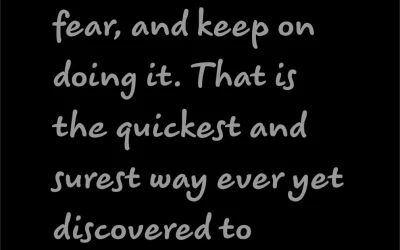Today’s Community Scripture – 3/14/2025
When he finished that talk, a Pharisee asked him to dinner. He entered his house and sat right down at the table. The Pharisee was shocked and somewhat offended when he saw that Jesus didn’t wash up before the meal. But the Master said to him, “I know you Pharisees burnish the surface of your cups and plates so they sparkle in the sun, but I also know your insides are maggoty with greed and secret evil. Stupid Pharisees! Didn’t the One who made the outside also make the inside? Turn both your pockets and your hearts inside out and give generously to the poor; then your lives will be clean, not just your dishes and your hands. “I’ve had it with you! You’re hopeless, you Pharisees! Frauds! You keep meticulous account books, tithing on every nickel and dime you get, but manage to find loopholes for getting around basic matters of justice and God’s love. Careful bookkeeping is commendable, but the basics are required. “You’re hopeless, you Pharisees! Frauds! You love sitting at the head table at church dinners, love preening yourselves in the radiance of public flattery. Frauds! You’re just like unmarked graves: People walk over that nice, grassy surface, never suspecting the rot and corruption that is six feet under.”
Key Verse – “You’re hopeless, you Pharisees! Frauds! You love sitting at the head table at church dinners, love preening yourselves in the radiance of public flattery. Frauds! You’re just like unmarked graves: People walk over that nice, grassy surface, never suspecting the rot and corruption that is six feet under.”
– Reflection:
Jesus Never Judged; We Shouldn’t Either
“Jesus never judged anyone, and neither should we.” That was the statement made by the candidate for ordination to the Ministry of Word and Sacrament on the floor of Presbytery that day. I remember thinking, “Has this person even read the New Testament?” While I appreciate the sentiment against judgmentalism, the truth is, Jesus judged plenty of people in the gospels. However, that judgment was most often reserved for those who saw themselves as righteous, like the Pharisees. In fact, Jesus doesn’t mention hell very much in the gospels—only a total of seven times by my count. And when he does, it’s not to the crowds but to his own disciples or to the religious leaders of his time.
– Where do we go from here?
What does that mean for those striving to be faithful in this world? You’re reading this devotion today, likely as part of your daily faith practice. You’re working to live out your faith and apply it to your life. You’re closer to the Pharisees of Jesus’ time than to the crowds who live without any thought of God. So, what does Jesus’ judgment of the religious people of his day say to you? It undoubtedly serves as a guard against self-righteousness, that tendency to see the sins of others while remaining blind to the darkness within us. How do we respond to that inner darkness? Too often in this world, we view those living in poverty as individuals who have somehow sinned — they’re lazy, irresponsible, and so on. Behind that judgment lies a self-righteousness that believes we possess material wealth due to our goodness, while they lack it because of their sins. According to Jesus, one way to respond to this darkness within us is to share what we have with the poor, “give alms for the things that are within.” This generosity brings grace into our lives — “everything will be clean for you.” By living generously in response to God’s amazing grace for us, we will surely discover God’s grace for all those the world sees as sinners.
– Our Prayer for Today?
Father, as I look at this broken world, it’s easy to view myself as holier and above others. This brokenness exists within me too. Help me to respond by living generously with what You’ve entrusted to me, so that Your light may shine through my life and into this world that You love enough to enter and redeem. Amen.




0 Comments